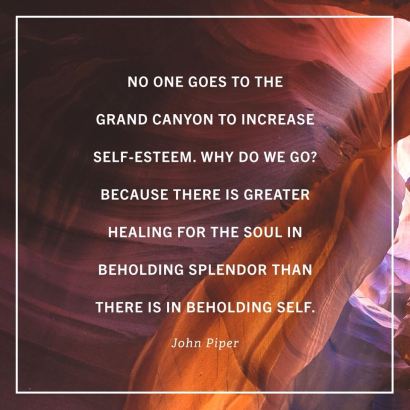[I posted this on Facebook this evening, so I figured I would post it here, too.]
I was diagnosed with moderate-severe depression and moderate anxiety in October 2012, after a roommate encouraged me to talk to one of the counselors at Union. There. I said it. Six years I have struggled with this plague, this disease, in which my own brain frequently tries to sabotage me because the chemicals that support healthy, normal neurological functioning just don’t have the quantity to be… normal.
I hate the word “neurotypical.” It reminds me that there is a level of mental functioning out there that I cannot obtain but only ever come close to. At least I can come close, thanks to self-care, the cognitive techniques I learned in therapy, and, yes, medication. But that nirvana labeled “neurotypical” feels so very far away at times, as if even on my best day I’m still scrabbling through the muck of existence while people with properly functioning brain chemicals float on clouds and drink champagne. I don’t know what that’s like.
Human existence in general is a lot like this sometimes. Each of us feels lost in the mire while we look around and see others making it. Even if we know, cognitively, that everyone else is as screwed up as we are, it’s hard to believe. It’s hard to see people’s photos on Instagram and think about them screaming at their kids or worrying over finances or crying in the parking lot before entering their office, or, or, or. But maybe we are all just one #blessed away from falling into complete disarray. Our normal is not normal at all. It’s dysfunctional and painful and exhausting. We are weary with no rest in sight. I do not know what “neurotypical” feels like. The rest of us have no idea what real “normal” feels like.
This is the world that Christ came into–a world of bitterness and tired humans, a world so broken that even our bodies and brains don’t work as they should. This is the point of the first week of Advent, when we light the Hope candle in our churches and homes. We light this candle, remembering that it was this same chaos and darkness–a different era, but the same fears and broken people–that welcomed Christ. We hope because as he came the first time to remind us of God’s presence, he will come a second time someday to heal the brokenness once and for all.
He could have done it already. That’s within his power. He could have waved his hand and installed utopia two millennia ago. He could have touched my brain this morning and permanently cleared out the cobwebs and the low serotonin levels. But he hasn’t yet, and I think it’s so we can learn how to hope.
Hope is not some fluffy, feel-good sentiment that makes us deliriously bounce through life, unaware of pain. Hope is a very gritty, persistent thing, something we must decide to grasp. Hope is what we feel when we look into the shadows of our angry world–or our own lives and our own pain–and call out, “The light is coming, just hold on.” Hope is the knowledge that it will not always be like this because the God who came to Earth in the tiny infant body of the Christ Child is going to fix it. It might not be today. It might not be tomorrow, or next week, or a thousand years from now–but it will be someday.
Hope is the shaking arm clinging to the cliff edge screaming hold on, hold on, help is coming. It won’t always be like this. There will come a day when I am healed, when I no longer struggle with getting out of bed, when I don’t seclude myself from people because I just can’t bear seeing anyone, when I no longer take a pill before bed that tries to help my brain chemicals do the things they’re meant to do. Hope is knowing that, one day, I will run to the arms of my Savior, and he will wipe away the last tears of earthly existence and welcome me to true normalcy.
This is hope, the heart and point of Advent. We hold on because the promise of healing is stronger than the pain that crushes us in its vise-grip. I hold on for the restored mind and body that awaits me in the New Heaven and New Earth that Revelation promises. I hold on because Christ, my hope, holds me.



